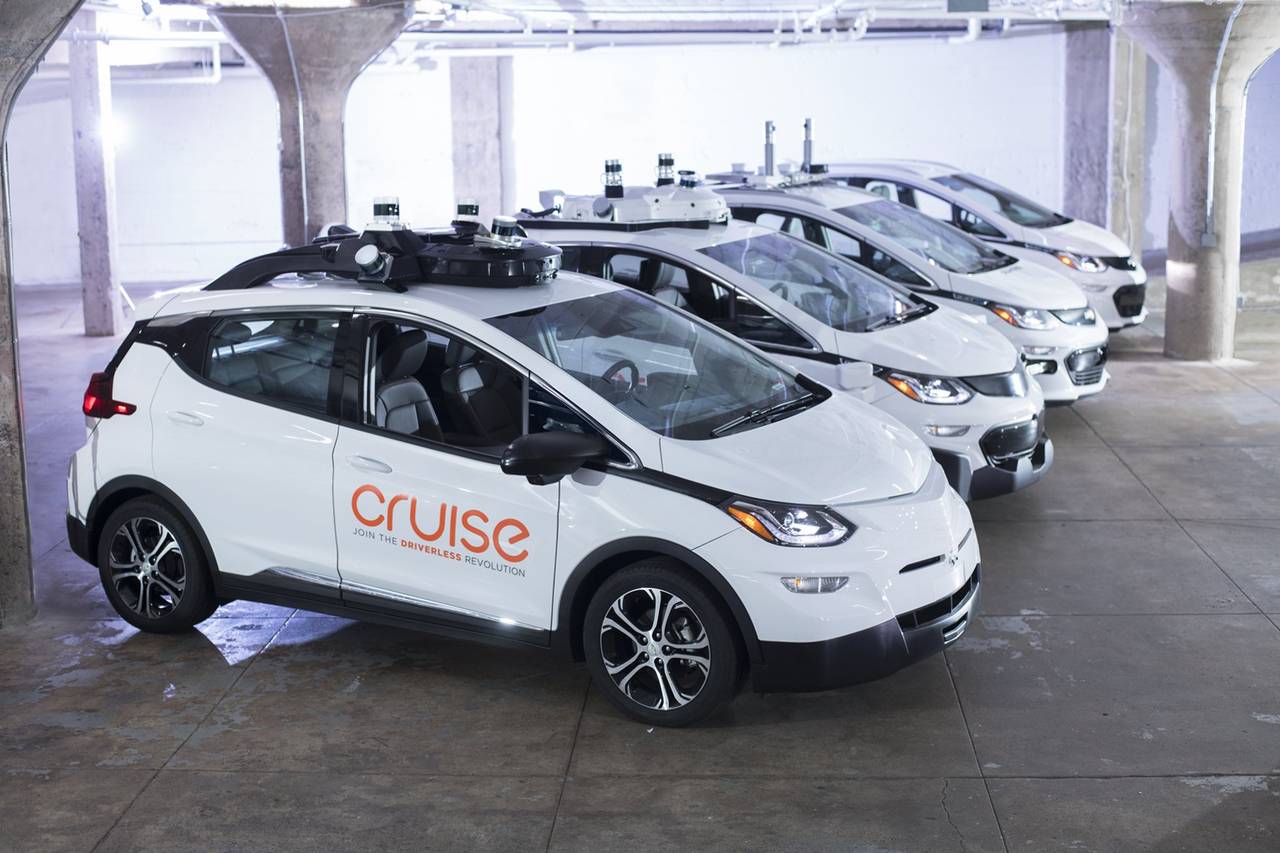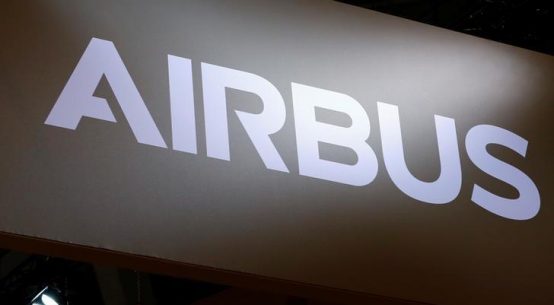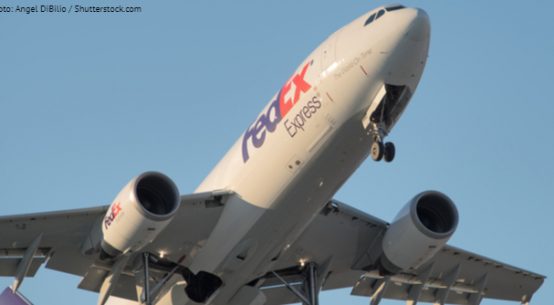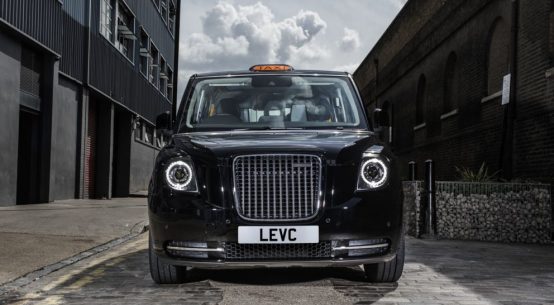
Alliances and tie-ups in the autonomous vehicle space are evolving as fast as the technology itself. In the latest twist, General Motors’ relationship with Lyft is said to have chilled to the point that it’s making overtures rival to ride-hailing service Uber.
The biggest U.S. automaker is discussing a plan to put autonomous vehicles developed by its Cruise unit into a program operated by Uber in 2018, according to The Information, which cited two people familiar with the matter. Kyle Vogt, CEO of San Francisco-based Cruise has also been tasked with creating a ride-hailing service for GM that would potentially compete with Lyft and Uber, the report said.
GM invested $500 million in Lyft in early 2016 and owns about 9% of the company. Dan Ammann, the carmaker’s president, sits on Lyft’s board. When they formed the partnership a key goal was to create an autonomous, on-demand vehicle network.
“We see the future of personal mobility as connected, seamless and autonomous,” Ammann said in a Jan. 4, 2016, statement. “With GM and Lyft working together, we believe we can successfully implement this vision more rapidly.”
Certainly there’s been little public activity between the two companies this year on how their partnership is progressing, and in fact, Lyft has lined up a string of additional pilot programs with other autonomous tech developers, including Waymo, Jaguar Land Rover, NuTonomy, and Drive.ai.
The report said there’s no firm plan for GM and Cruise to work with Uber, though Uber officials have taken rides in Cruise’s self-driving fleet that tests mainly in San Francisco. In August, Cruise introduced a ride-hailing app for San Francisco employees to access its driverless vehicles. At the time, Vogt said the company was pursuing all possible avenues to create a viable on-demand autonomous service.
“To get us to the future faster, we’re prepared to go with one partner, many partners, or no partners at all,” Vogt said on a media call.
Cruise has had a string of announcements on advances in its self-driving vehicles fleet in the past few months, and GM on Wednesday doubled down on its commitment to creating on-demand autonomous vehicle technology.
“Our mission is to remove the driver from the vehicle and create a safer world,” the company said in emailed statement. “We remain steadfast in our goal to launch our self-driving technology first in a ride-sharing environment.”
Suggestions of breakdown between the companies are reminiscent of what transpired between Uber and Google.
In 2013 Google Ventures invested more than $250 million in Uber. In an April 2016 Bloomberg Television interview, Google Ventures CEO Bill Maris said its total investment in Uber surpassed $300 million. And just like GM’s Ammann, David Drummond, Google parent Alphabet’s chief legal officer, held a seat on Uber’s board – until relations between the two sides deteriorated in August 2016.
Currently, Uber and Alphabet’s Waymo are locked in a bitter legal fight involving the theft of Google self-driving car secrets by the former head of Uber’s autonomous vehicle program.
GM is a vast global automotive powerhouse that’s seeking to navigate rapid developments in technology and consumer demands for mobility that don’t necessarily involve vehicle ownership. Whether it ultimately works with Lyft, Uber, another service or creates its own autonomous mobility network, the only sure bet is more twists before it launches.
The biggest bombshell in GM’s eyes likely hit last month when Ford, its top U.S. rival, said it too intended to launch an autonomous vehicle partnership using Lyft’s “open platform.”
Curiously, Lyft even announced plans for its own autonomous vehicle technology development program in July with a new Silicon Valley R&D center that would seem to replicate work being done by its ally Cruise.
FOLLOW US ON FACEBOOK FOR MORE LOGISTICS NEWS
GM called the report “speculation,” adding late Wednesday that “nothing has changed in the relationship between GM and Lyft.”
Additionally, a company spokesman clarified that GM’s initial agreement to partner with Lyft on autonomous vehicles never required exclusivity — on either side. Lyft didn’t respond to a request for comment.
With report from Forbes








